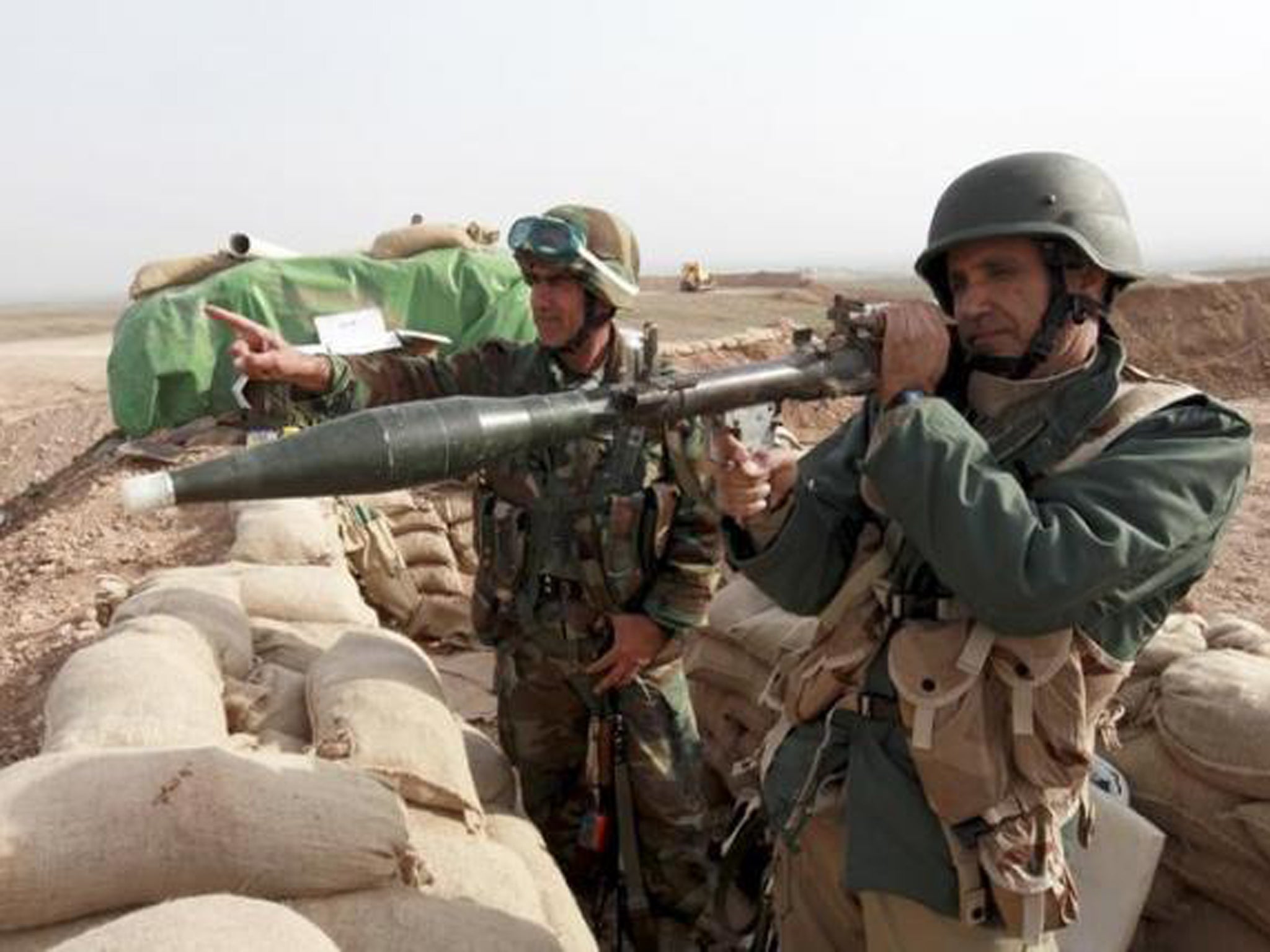Support the Kurds: The only way to defeat Isis is by supporting the Kurdish militias - therefore Turkey must be brought into line
West’s diplomatic efforts must focus on fostering alliances

For all the talk of Barack Obama’s anti-Isis coalition, the facts on the ground have long pointed to Kurdish militias as the enemy most feared by the savage devotees of Abu Bakr al-Baghdadi. The People’s Protection Units (YPG) – the armed wing of the autonomous government of Syrian Kurdistan – are the only force to have won successive victories against Isis in the past year. Some 200 villages and towns in the north-east of Syria were recaptured by the YPG in May alone. Among such victories have been strategically vital displays of strength, from the defence of Kobani in late 2014, to the taking of Tal Abyad – another crucial town on the Turkish-Syrian border – three months ago. And the Kurdish surge is by no means over.
As The Independent reports, the YPG is confident it can push Isis out of Jarablus, the final town it controls on the Syrian border with Turkey. Success would make it far harder for foreign fighters to stream in to Syria. Already residents of Jarablus – which Isis captured from the rebel Free Syrian Army – have called on the YPG to cross the Euphrates river from its neighbouring stronghold in the north-east and liberate the city. To do so would be to act not just in the interests of the Kurdish people: locals say that as little as 1 per cent of the resident Kurdish population remains in Jarablus, now more than ever dominated by Sunni Arabs.
The benefits of the YPG extending its campaign westward – with the help of US-led air strikes – ought to be appreciated across the coalition. Secularism and a respect for democracy make the Kurds attractive allies in a region stripped of fighting units beholden to such ideas. Yet the guaranteed response from Turkey will be one of recrimination and fear-mongering: previous YPG gains have been met with unproven smears of “ethnic cleansing” by the pro-government media. The hope that Turkey would finally take a stand against Isis, after an alliance was secured with the US in July, has proven false: President Recep Tayyip Erdogan’s army has instead reignited the state’s long-running feud with the Kurdish PKK, a militant organisation based in Turkey and Iraqi Kurdistan, striking the group 300 times compared with just one anti-Isis sortie. Mr Erdogan and his allies talk up the possibility of the Kurds forming a breakaway state from their gains in Syria and elsewhere. In reality, the President seeks to stoke anti-Kurdish sentiment after his Justice and Development party lost its parliamentary majority in elections this year thanks to a spike in support for a Kurdish rival.
It is a corrupt strategy that presents significant risks to the anti-Isis campaign. Kurdish resources have been distracted from the task in Syria by Mr Erdogan’s offensive. It falls to America now to request that its latest ally wind in such attacks, and in the strongest of terms. The use of Incirlik airbase for US warplanes is far from sufficient recompense for disorientating the Kurds – the only ground troops that the coalition can rely upon in Syria, given the resolute failure of America’s attempt to train and equip a moderate Syrian rebel force.
Longer term, Western strategy should seek to capitalise on the resurgence of anti-Isis tribal sentiment in the regions of north-east Syria now under Kurdish control, and still present in the neighbouring countryside around Raqqa, the jihadists’ de facto capital. The Kurds have proven capable of establishing common cause with Arab tribes. The West’s diplomatic efforts must focus on fostering such alliances, as part of a push to cut off the supply lines to Raqqa and disrupt Isis’s movements, while the coalition steps up its air support for the Kurds.
Join our commenting forum
Join thought-provoking conversations, follow other Independent readers and see their replies
Comments